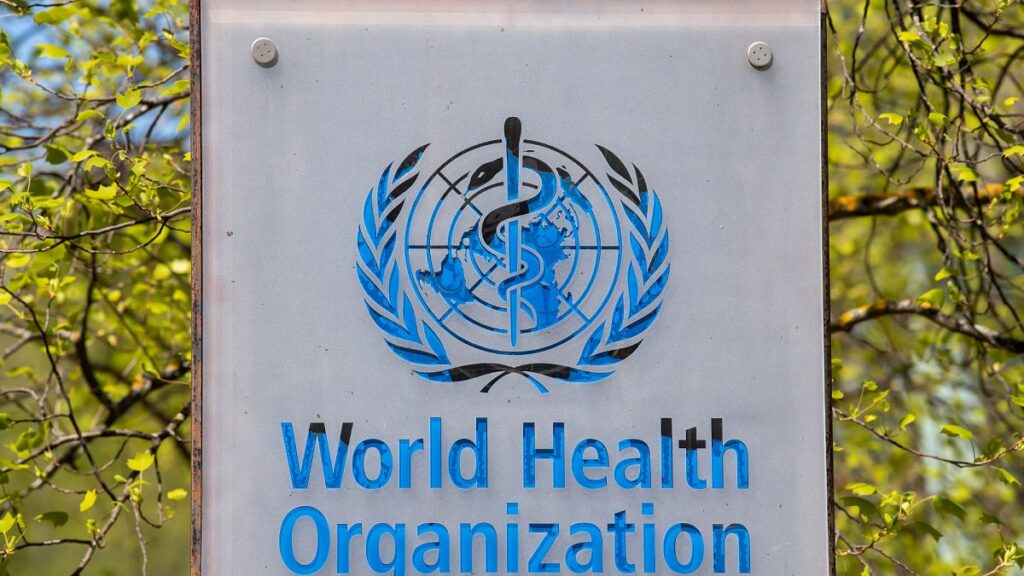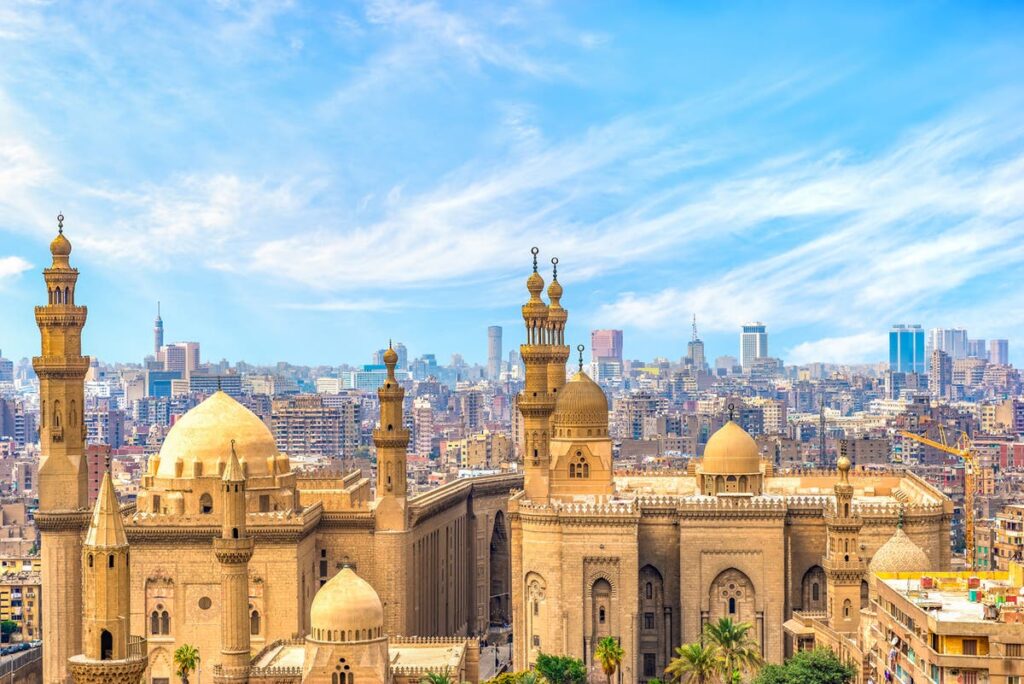A string of false and misleading online claims have emerged about the pandemic treaty, a landmark agreement which has just been agreed by more than 190 members of the World Health Organisation (WHO).
The pandemic treaty was first proposed by WHO members in the midst of the COVID-19 pandemic, with the aim to “prevent, prepare for and respond to pandemics.”
For global health experts, a future pandemic is a matter of when and not if.
After more than three years of lengthy negotiations, WHO members came to an agreement on 16 April, while the treaty will not be legally binding until after it is officially adopted by states — which is expected to happen in May.
Since the WHO was created in 1948, only one other international agreement of this scale has ever been reached — the 2003 tobacco control deal.
Although conspiracy theories and fake news about the WHO are commonplace online, the pandemic treaty has given them a new opportunity to resurface.
Will the treaty override state sovereignty?
In a post shared on X on 18 March, the ultra-conservative group CitizensGlobal alleged the treaty would lead to health policies being controlled “by unelected officials under the guise of pandemic preparedness.”
While the pandemic agreement will be legally binding once states have adopted it, the treaty does not overrule any nation’s ability to pass individual pandemic-related policies.
Membership of the WHO occurs on a voluntary basis, with the wording of the treaty explicitly affirming the sovereignty of states.
In a statement issued on 16 April shortly after the treaty was agreed, the WHO said “nothing in the draft agreement shall be interpreted as providing WHO any authority to direct, order, alter or prescribe national laws or policies, or mandate States to take specific actions.”
Will the treaty impose mandatory vaccinations?
Another online claim, shared on 12 April by AUF1, a far-right Austrian media channel claimed that “the treaty would lead to mandatory vaccination, testing regimes, and isolation requirements.”
According to the WHO’s statement, nothing in the treaty gives it the authority to force a country to “ban or accept travellers, impose vaccination mandates or therapeutic or diagnostic measures or implement lockdowns.”
Speaking to Euronews, Jaume Vidal, senior policy advisor at Health Action International said “before the WHO declares a public health emergency of special concern like a pandemic, it goes through a committee with member states and experts.”
“Governments have the last word on whatever happens in their territories. The WHO can advise, it can suggest, provide technical assistance, but it’s governments who decide ultimately”, he added.
Will states be obliged to donate vaccines?
During the COVID-19 pandemic, richer countries were accused of hoarding vaccines to the detriment of poorer countries.
In a bid to manage this, WHO members looked into how this issue could be addressed over the course of treaty negotiations. However, this prospect led certain online users to claim the agreement would lead to countries being forced to donate vaccines.
“A potential obligation to donate or to give away vaccines is not agreed upon in the treaty. It is also not clear what percentage of vaccines or other medical products would potentially have to be provided to the WHO”, Pedro A. Villarreal, Global health researcher, German Institute for International Security Affairs told Euronews.
“Should a vaccine agreement go ahead between certain countries, it is also not clear whether poorer countries would receive vaccines free of charge or on a preferential price basis”, added Villarreal.
Another point of contention was the technology transfer clause, which is centred around the idea that countries could share intellectual property rights and tools for vaccine and medicine production.
While lower income countries were in favour of stronger rules which would allow them to produce vaccines locally, wealthier countries, including EU members, insisted that tech transfer should be voluntary and “mutually agreed” upon.
Wider pandemic treaty scepticism
In Europe, Slovakian Prime Minister Roberto Fico — who created a special commission tasked with investigating pandemic measures — issued the most vocal criticism of the pandemic treaty.
In October 2024, the commission called for Slovakia to “refuse to sign the global pandemic treaty, as well as the updated World Health Organization regulations.”
Slovakia’s former Health Minister Zuzana Dolinková resigned from her position shortly after the report’s publication, which has been discredited by scientists.
Overseas, US President Donald Trump began the process of withdrawing the US from the World Health Organization in January.
– Gabriela Galvin contributed reporting
Premium IPTV Experience with line4k
Experience the ultimate entertainment with our premium IPTV service. Watch your favorite channels, movies, and sports events in stunning 4K quality. Enjoy seamless streaming with zero buffering and access to over 10,000+ channels worldwide.

















